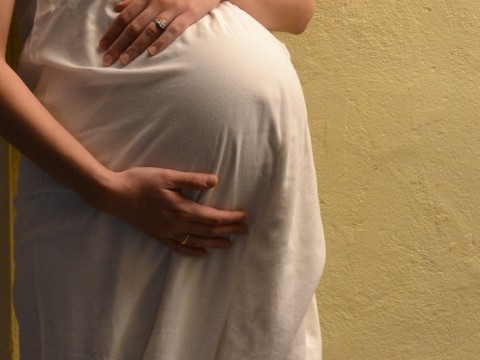Even before becoming pregnant, women who are in their 30s are more prone to getting diabetes, high blood pressure and weight related conditions. These conditions can be much more difficult to manage while pregnant, therefore it is essential that any pre-existing health conditions be eliminated or greatly reduced before becoming pregnant. Losing weight and living a healthy lifestyle can greatly reduce the chances of getting diabetes, hypertension and other conditions.
Additional Testing

Of course your doctor helps you make the decision on which tests are necessary for the health of you and your baby. Once you’ve turned 35, however, your doctor is going to be more likely to encourage you to get additional testing done. Your doctor may suggest additional ultrasounds to monitor the health of the baby, and the doctor may also suggest a quad marker screening test. The quad marker screening is a blood test that can be used to screen the baby’s brain, spinal cord and nervous system development. It can also detect other birth defects such as Down syndrome, though testing positive for any of these issues does not mean for certain that there is a problem. The tests are not perfectly accurate.
With modern medical advances, the chance of a woman having a safe and healthy pregnancy after the age of 35 is greater now than ever. There are, of course, additional age-related risks, but many of these can be mitigated by early detection and proper management. Nonetheless, age should be a consideration when deciding the right time to start a family.
Pregnancy after 35. (2010, March 07). Retrieved from http://women.webmd.com/pregnancy-after-35